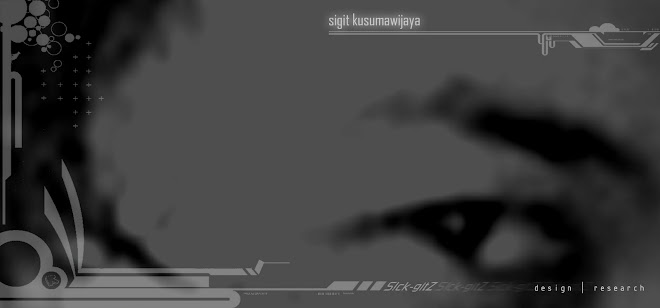This work is an assignment submitted for the Master study course Perspective Spatial Development Strategies of the Department of Urbanism, Faculty of Architecture, Delft University of Technology (TU Delft).
Overall View
[A-a] connection is one of the strategic projects for POWERED by LANDPORT perspective theme of our group that will determine the development of Almere, the Netherlands in the future. Boosting the development of Almere needs a good accesibility. This new 8 km bridge will relieve the load of congestion problem in A1-A6 which connects Amsterdam and Almere.
The overall integrated features in this connection will improve the development of independent Almere to become the 4th city in the Netherlands (population wise).
Ijburg Area
Via Ijburg, commuters from Almere could reach Amsterdam as an alternative way to A10. HSL meet normal railway track to Schiphol.
Almere Pampus Area
Attractive & experiment housing and recreation area at Almere Pampus as a welcome area for visitors.
Aa connection meet new Almere Ringroad directly.
Strategic Effects
- remove bottleneck at existing Aa connection (A1-A6)
- connect Amsterdam (A10) via Ijburg as an alternative way
- accommodate the possibility of five times multiplied traffic current number in 2040 (approximately 300.000-500.000)
- improve the development of Almere economically and socially
- promote Pampus Fort Island to attract more visitors by [ps]
- HSL connect Schiphol to the new promising airport at Lelystad and more to the N & E of Netherlands
In the larger scale, this connection will be a gateway to the North and East of the Netherlands and a new power for Randstad to compete with other agglomerations in Europe in the future.
Work Description
Title : [A-a] connection
Location : Amsterdam-Almere, the Netherlands
Status : Master Project Semester1
School : Department of Urbanism, Delft University of Technology (TU Delft), The Netherlands
Year : 2006





